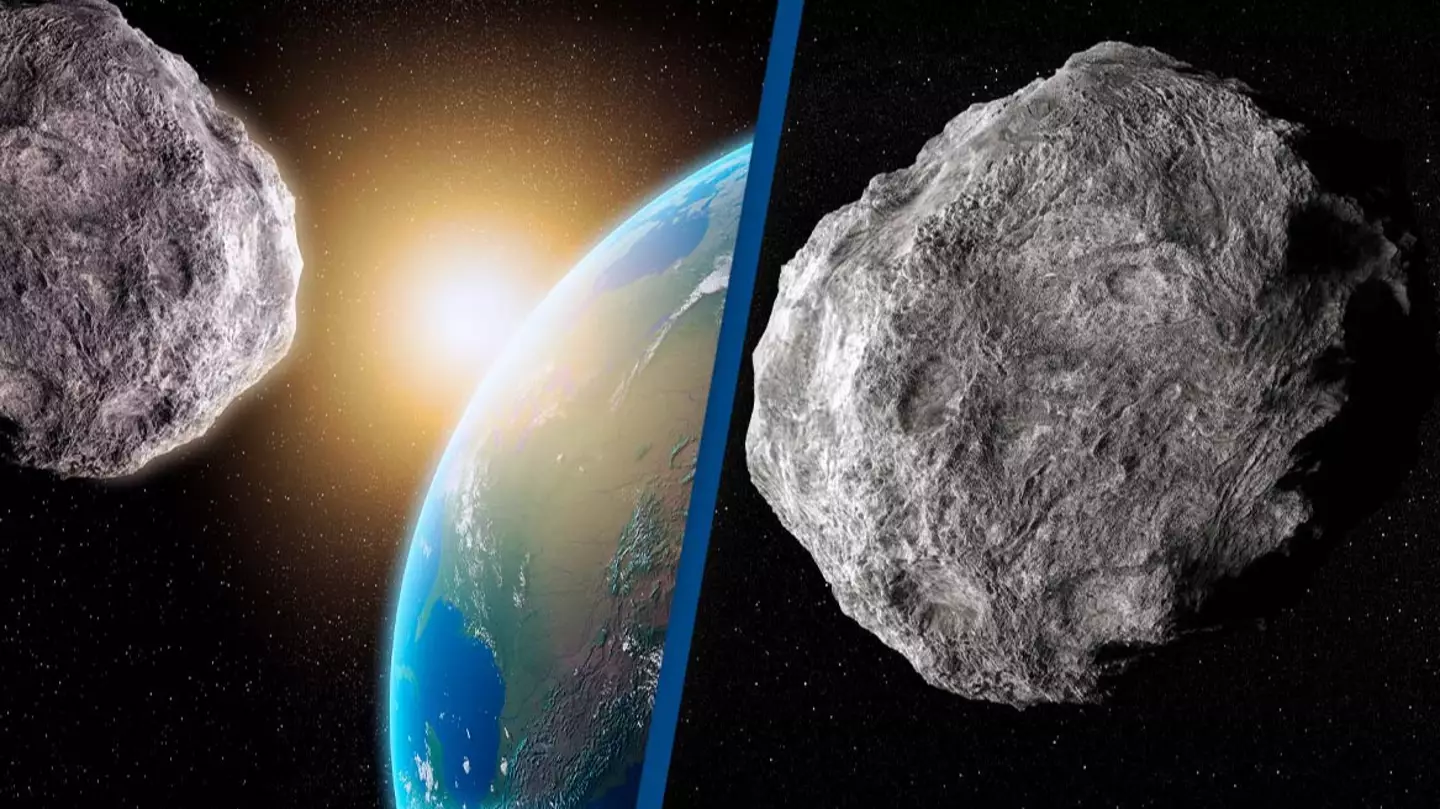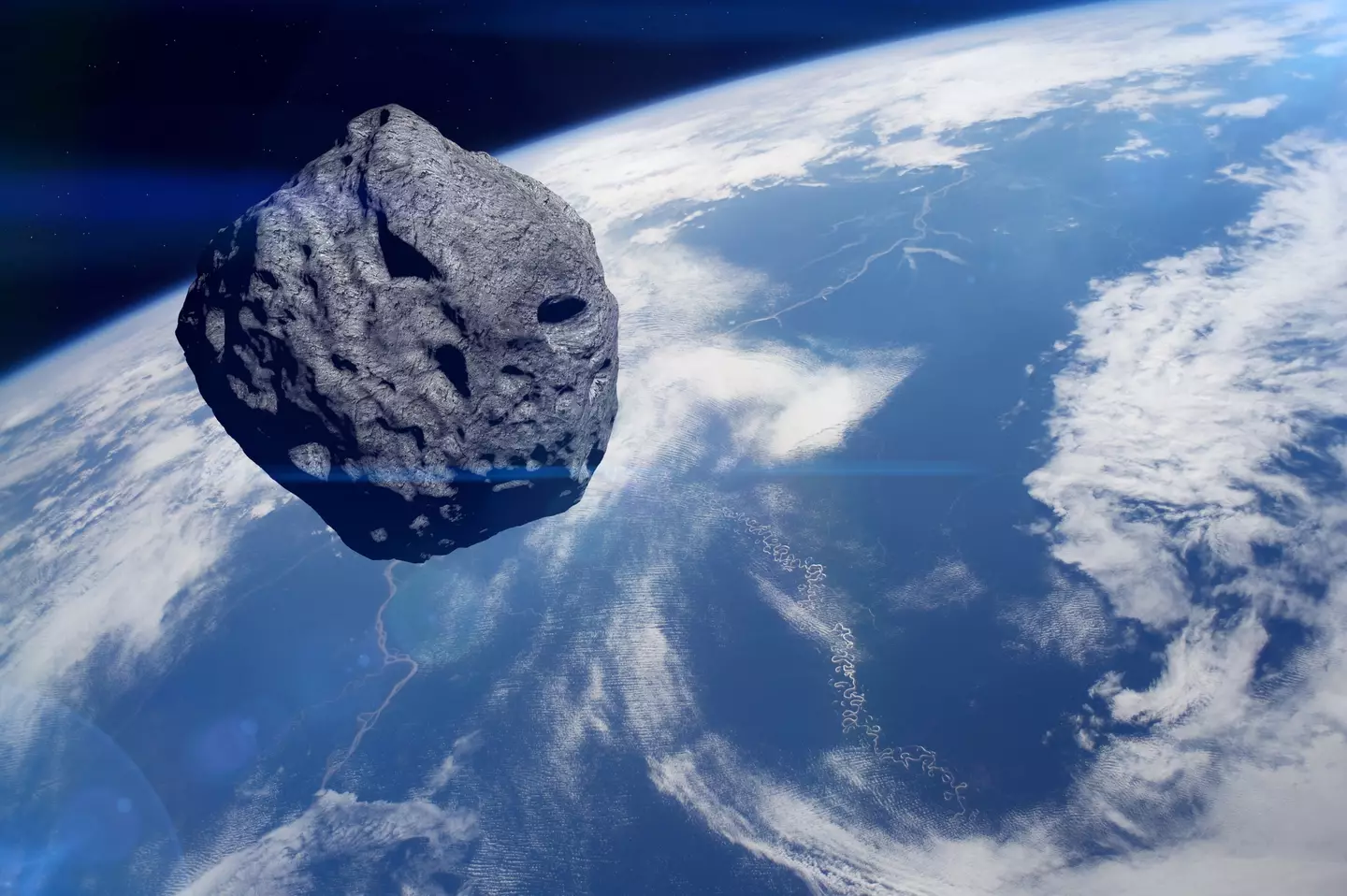
When an asteroid nearing planet Earth is discovered, it’s likely to fill you with concern.
In fact, because of how much of a general fear of extraterrestrial objects - such as asteroids - exists, it may surprise you to know that an asteroid will actually skim past our planet today.
And even more surprisingly so, it's gotten relatively little fanfare or attention.
The reason for this is that, while the asteroid will be passing by our planet quite closely, it will remain a full 2.6 million miles away from our planet, making it a non-issue when it comes to posing any threat to the human race or our planet.
However, that doesn’t make the asteroid unremarkable.
Advert
For example, this near miss serves as a reminder of just how volatile the universe can be, especially when it comes to objects such as asteroids.
While it will cause no harm to our planet, the asteroid, named 2024 JZ, will be moving at 56,000 miles per hour and is nearly the size Great Pyramid of Giza.
Due to how close it will come to the Earth, 2024 JZ garners the NASA distinction of a near-Earth object–sometimes shortened to NEO–which is defined as an asteroid or comet that comes within 27.8 million miles of the Earth’s surface.

Advert
Again, while NEOs may sound concerning, they aren’t necessarily hazardous and are considered somewhat common in our solar system.
"Today's passing is not a concern at all," Dr. Edward Bloomer told Daily Mail Online. "This is not the kind of thing we should be worrying about."
With this statement, Bloomer, the senior astronomer at Royal Greenwich Observatory, echoed the sentiments of many in the science world by reminding the public that today’s near-miss is not something to be concerned about.
In fact, NASA noted that a NEO must hold certain properties to be considered hazardous, of which 2024 JZ only holds one.
Advert

The property that does contribute to its potential danger is how close it will come to our planet. A near-Earth object must be within 4.65 million miles of our planet to be considered potentially hazardous, meaning that 2024 JZ being 2.6 million miles away could’ve made it highly dangerous if it was bigger.
While being 394ft in size might be quite large for terrestrial objects, anything under the size of 459ft in diameter is unlikely to be considered a hazardous NEO, even with its close proximity to the Earth.
So, congratulations to the Earth on surviving a near-Earth object–it never even stood a chance.
